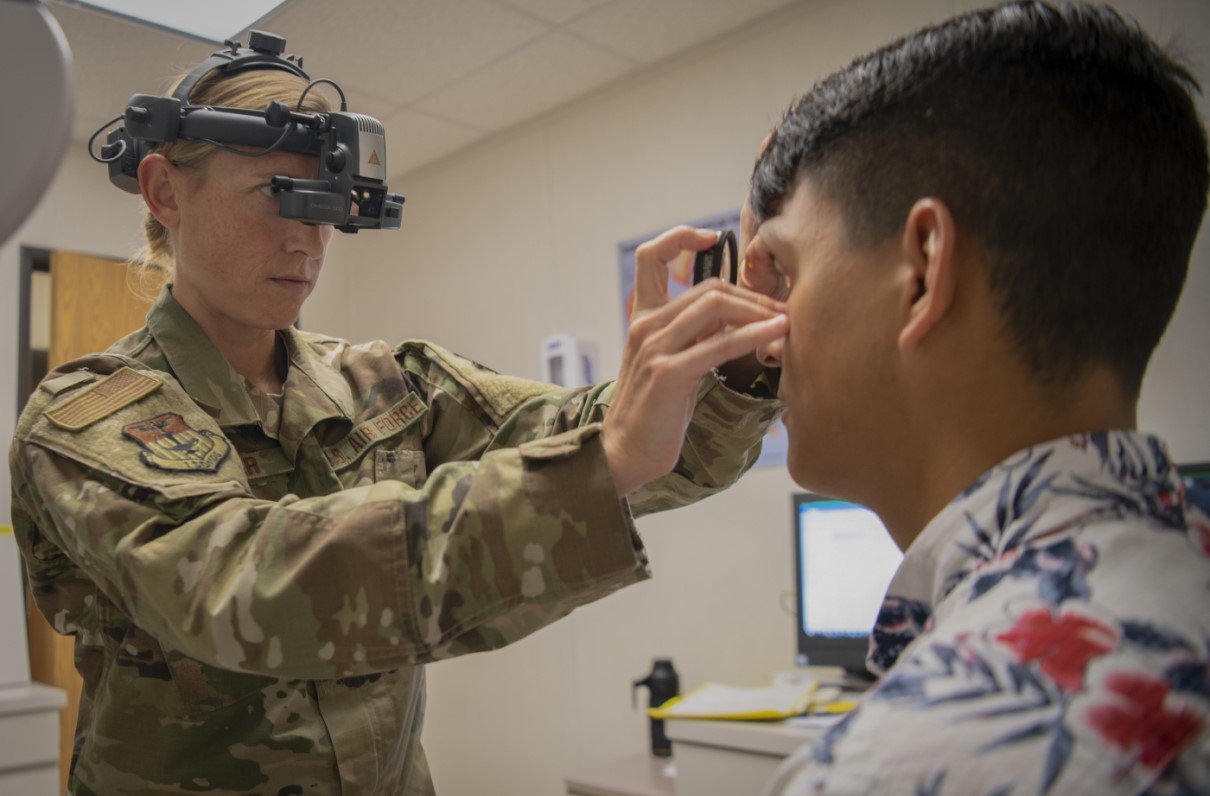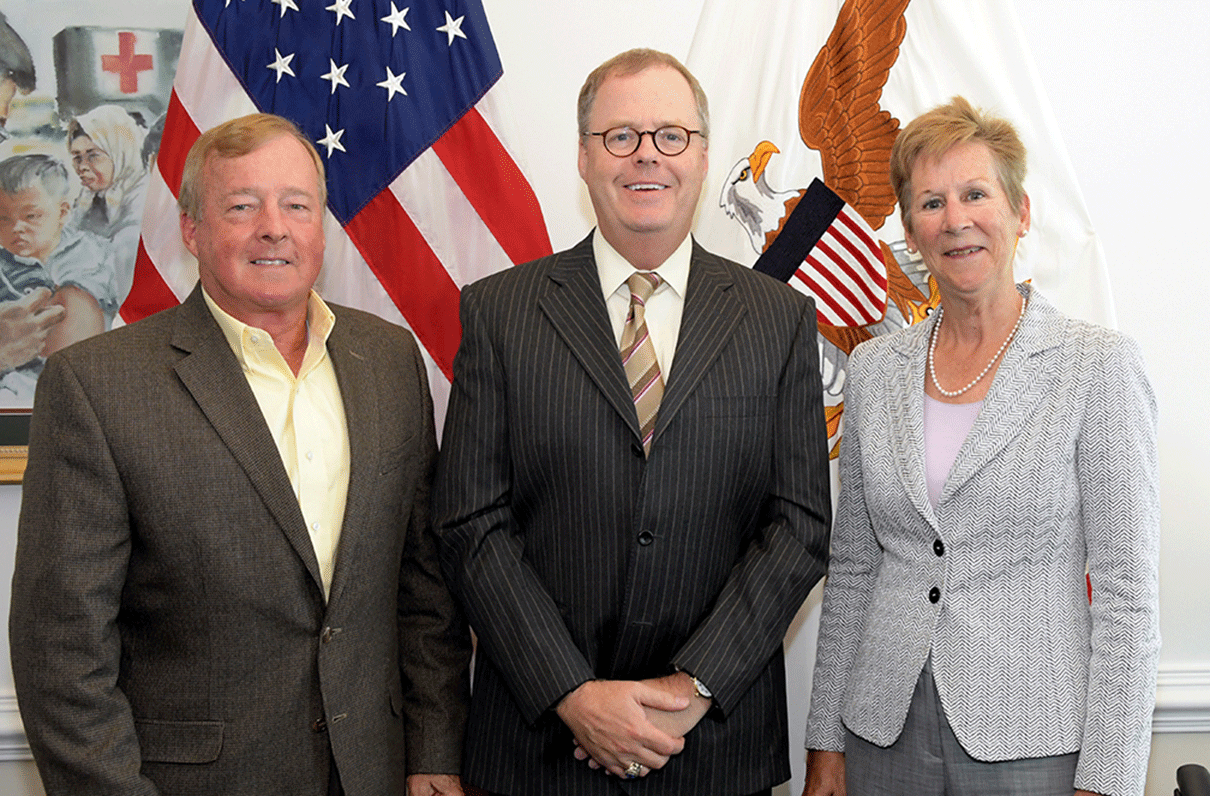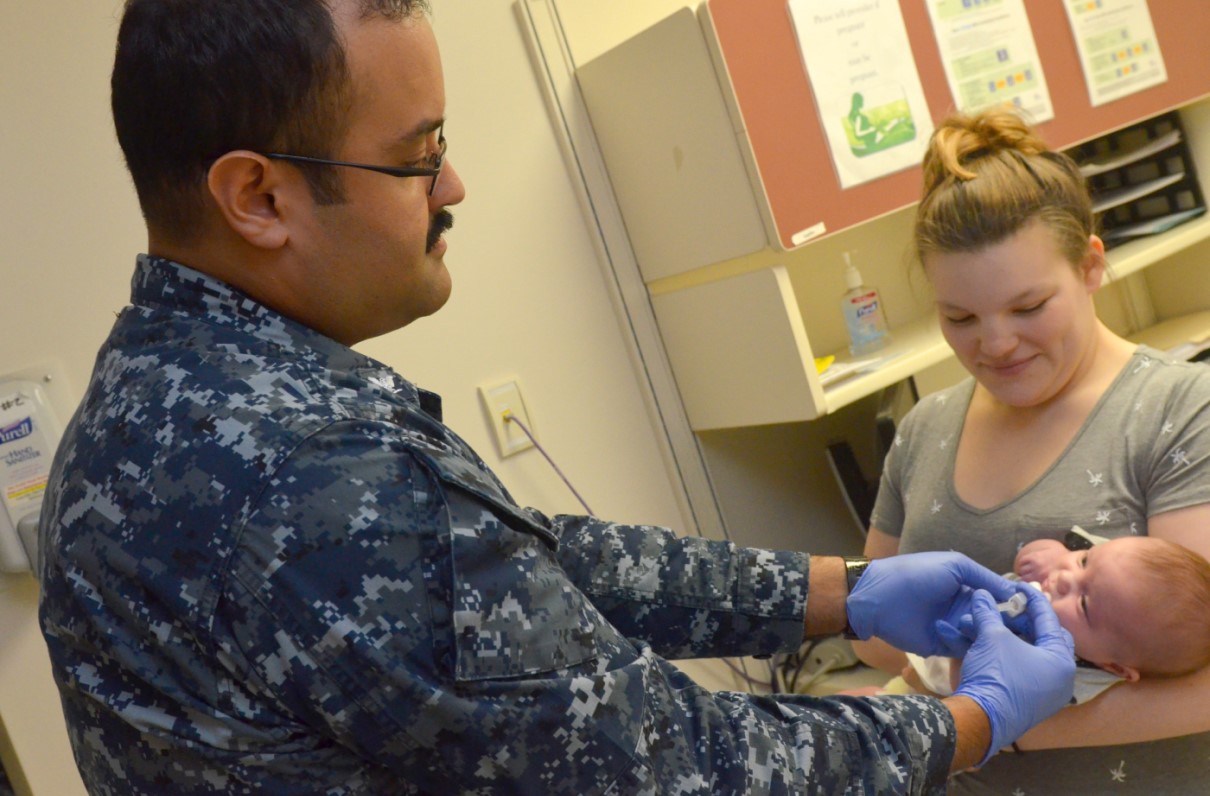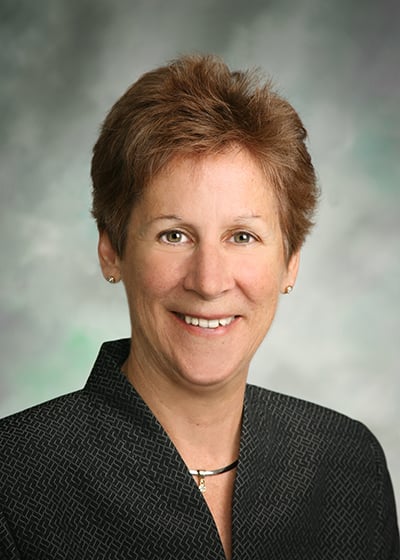MOAA recently completed the latest in a yearly series of health care surveys. With changes beneficiaries continue to experience, MOAA intends to maintain a close, ear-to-the-ground perspective and will survey beneficiaries annually.
The surveys collectively reveal respondents are satisfied overall with their health care benefit. Some groups much more so than others: For example, the respondents over age 65 who use TRICARE For Life (TFL) continue to express greater satisfaction with their benefit. However, when it comes to what they have to pay for their medications, they are increasingly dissatisfied.
“Access to my provider has become more difficult with longer wait times for appointments. I stopped mail delivery of prescriptions because of the cost. While I travel further to refill my prescriptions, it is cheaper than the copay for the convenience, but now they are reducing medications available at the base hospital.”
"As a retired member living on a fixed income, any increase in costs to include pharmacy costs, for myself and spouse would seriously jeopardize our health care. At 80 years of age I am seeing an increase in the need for more maintenance medications.”
[RELATED: MOAA Survey: TRICARE Beneficiaries are Increasingly Dissatisfied]
From a general perspective, beneficiary respondents who use either TRICARE Prime or TRICARE Select continue to voice dissatisfaction with the cost of their care — and now many are experiencing access to health care issues more frequently as more military treatment facilities are reducing services.
“Annual increases far outpace retired pay COLA and continues to grow far more than the healthcare I was promised when I joined the military. Finding doctors who will accept TRICARE, and who will accept TRICARE reimbursement rates, is more difficult every year.“
“It's become harder to access the MTF [military treatment facility] as a retiree, and we are sent off base to civilian providers and have to pay much more out of our pockets.”
“I've noticed more-frequent referrals to off-base, civilian providers because it's getting harder to get specialty care (like dermatology and cardiology) at the base.”
[RELATED: Survey Shows How Pay, Benefit Cuts May Harm Retention]
And to be sure, those who are currently serving are watching what is happening. Consider this service members experience:
“As an active duty member, both my spouse and I receive excellent care through TRICARE. However, I largely attribute this to the fact that we get care at an MTF with high visibility. When I had Tricare Prime Remote while in a large metropolitan city, it was very difficult to first explain TRICARE, and then to get care through a network physician. I am greatly concerned about attempts to increase fees and costs for retired members, particularly when they are used to cut costs for the department.”
The information MOAA gains through these surveys will continue to shape the legislative agenda into the new year. In the meantime, let Congress know reducing military medical manpower affects real people – YOU!




